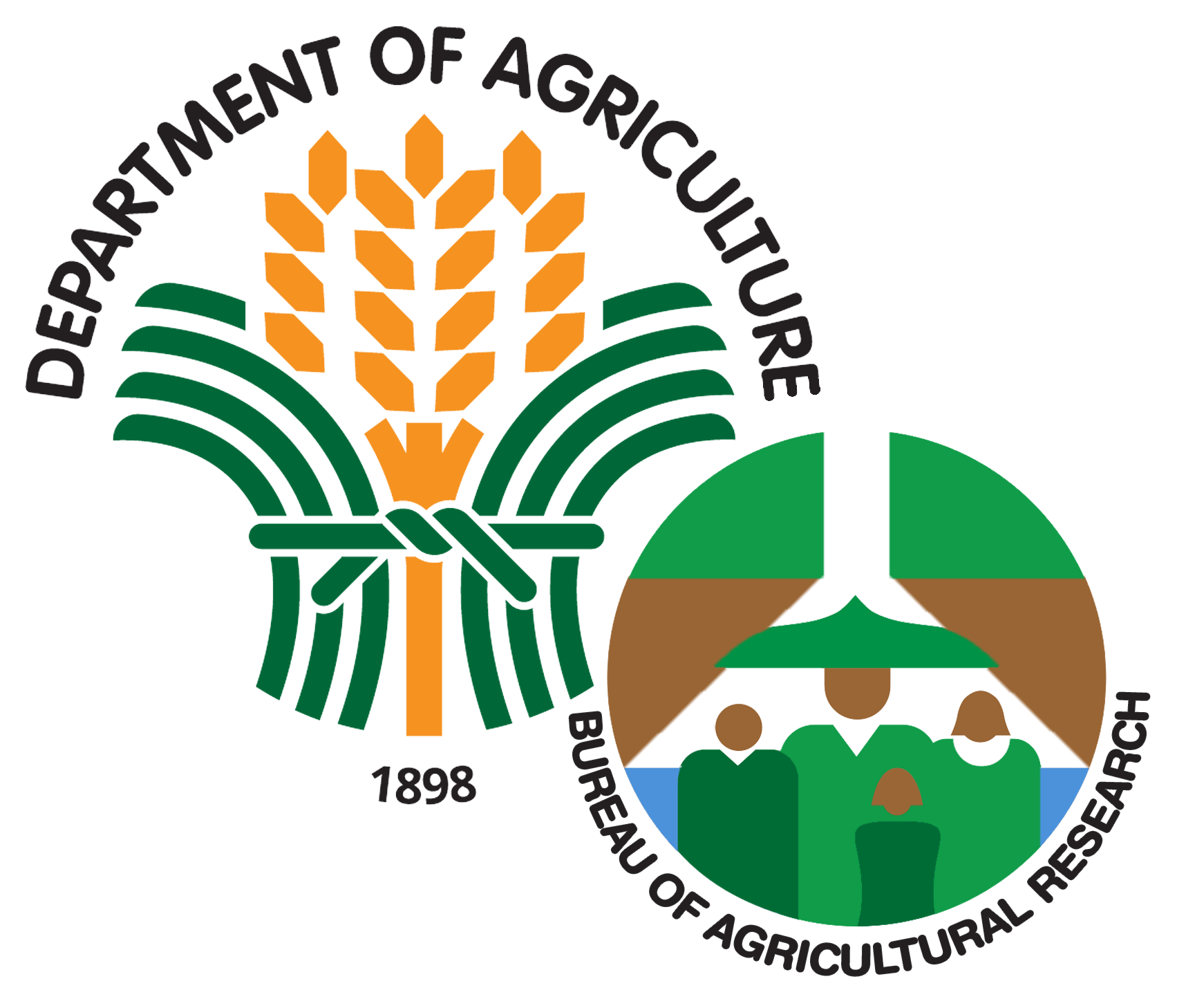DA-BAR OIC-director Joell H. Lales highlighted the significance of inclusive and participatory planning and mapping to ensure that appropriate and timely interventions will be provided to farmers’ cooperatives and associations (FCAs), processors, and communities.
“In this event, we want to be more inclusive and participative, hindi nalang ito naka-focus d’on sa researchers lang ang nag-uusap, lahat kasama, even you as our prospective partner-beneficiaries, you are already part of the planning, para talagang demand-driven and market-driven,” said OIC-director Lales in his opening message during the Agrobiodiversity Project Scoping cum Project Conceptualization Writeshop held in Banaue, Ifugao on 24 January 2023.
He elaborated on the bureau’s approach wherein stakeholders–composed of farmers’ cooperatives and associations (FCAs), processors, local government units, regional office of DA, and other relevant national agencies, academe, among others–are brought together to map out and match the needs of farmers and fishers vis-a-vis existing windows of opportunity of support; and collectively identify and plan sustainable interventions and action points by prioritizing those related to technology transfer, upscaling and commercialization leading to enterprise development of the targeted communities.
Relative to this, he also underscored that DA-BAR, with its limited resources, is transitioning on bringing research for development (R4D) innovations and technologies to areas with high poverty incidence and low agricultural productivity.
“Now, in the DA, we want to focus more on the poorest areas of the country so that whatever funds that we have, it will really create an impact. . . . Ina-identify na namin ‘yong areas na mababa ang productivity at mababa rin in terms of classification and then we work with the stakeholders,” he added.
The scoping cum project conceptualization activity was conducted and facilitated in collaboration with the Project Management and Coordination Unit (PMCU) of the “Dynamic Conservation and Sustainable Use of Agrobiodiversity in Traditional Agro-Ecosystems of the Philippines'' or the ABD project of the Food and Agriculture Organization of the United Nations (FAO).
This was participated by ABD project’s partner FCAs and processors; municipal local government units of Hingyon and Hungduan, led by mayors Florencio Nalula and Casan Dumulag, respectively; representatives of Ifugao provincial agriculture office; Ifugao State University-Hapao Campus; DA-Cordillera Administrative Region, represented by Research Division chief Dr. Luis Lang-oy; DA Agricultural Program Coordinating Office Ifugao; DA Kabuhayan at Kaunlaran ng Kababayang Katutubo; FAO-ABD Project staff; and DA-BAR officials and staff.
Prior to the writeshop, the abovementioned offices in the region presented their respective relevant agriculture and fisheries programs and resources that communities may tap.
With the gains of the ABD project serving as springboard of the discussions, FCAs and processors from Hingyon and Hungduan: Footprints Farmer Association, Baang Rural Improvement Club, Dackitan Farmers’ Organization, Pitawan Highland Farmers’ Organization, Hungduan Heirloom Rice Producers Organization, Baang Women's Organization and Rural Improvement Club, Bangtinon Women’s Association, Wayne’s Food Products, and Bokiawan Women’s Organization, shared to the group their identified needs, activities, and plans, which will serve as main reference for further discussions and planning on possible activities, collaboration, and interventions from DA, LGU, and other partners.
The FAO-PMCU, through its national project coordinator Virginia L. Agcopra, expressed its gratitude to ABD project partners: DA-BAR, which served as the national project coordinator FCAs and processors; and LGUs for their collaboration and support to the project and their active participation in the scoping cum project conceptualization activity.


